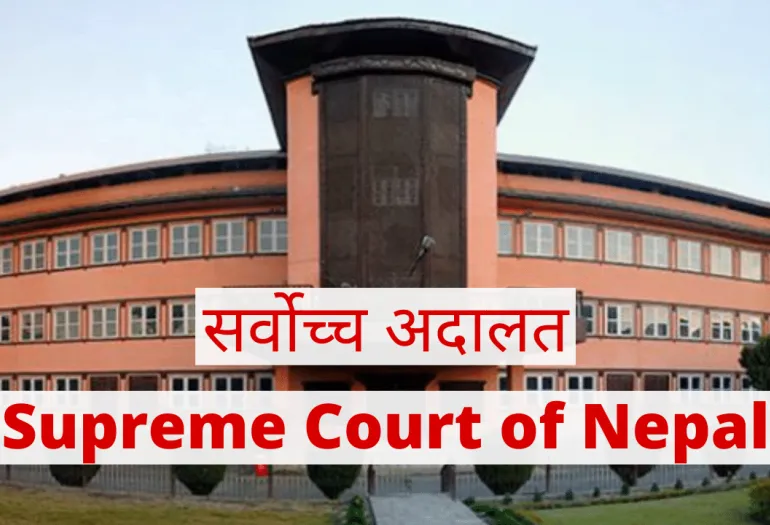Realestate Law
- Home
- Realestate Law

Real estate law in Nepal is primarily governed by various laws, acts, and regulations. It's essential to note that legal frameworks can change, and it's advisable to consult with a legal professional or refer to the most recent legal documents for the latest information. Here are some key aspects of real estate law in Nepal:
Land Act and Land Rules:The Land Act and Land Rules govern land-related matters in Nepal. These laws cover issues such as land ownership, land use, land registration, and land revenue.
Land Registration: Land registration is a crucial aspect of real estate transactions in Nepal. It involves recording the details of land ownership, including the names of the owners, type of land, and other relevant information.
Land Measurement: The measurement of land is typically done in units such as ropani, anna, and paisa. These traditional units are used in conjunction with the metric system for determining land area.
Land Ownership: The Land Act defines the types of land ownership, including private land, public land, and guthi (trust) land. Private land can be owned by individuals or entities, subject to the legal provisions.
Land Use Planning: Local levels (municipalities and rural municipalities) are responsible for land use planning and zoning regulations. They play a significant role in determining the permissible uses of land in different areas.
Land Ceiling Act: The Land Ceiling Act imposes limits on the amount of land an individual or family can own. Excess land may be subject to redistribution.
Real Estate Transactions: Real estate transactions involve the buying, selling, or leasing of land or buildings. Legal documentation, such as sale deeds and lease agreements, is essential in these transactions.
Eminent Domain: The government has the authority of eminent domain, allowing it to acquire private land for public purposes. Compensation is typically provided to the landowners in such cases.
Mortgage and Encumbrances: Property owners may use their land as collateral for loans. Legal frameworks govern mortgage transactions, and details are recorded in the land registry.
Dispute Resolution: Real estate disputes may arise, and the legal system provides mechanisms for resolving conflicts. This may involve litigation in the courts or alternative dispute resolution methods.
Foreign Investment in Real Estate: There may be specific regulations governing foreign individuals or entities interested in investing in Nepali real estate. It's essential to comply with these regulations.